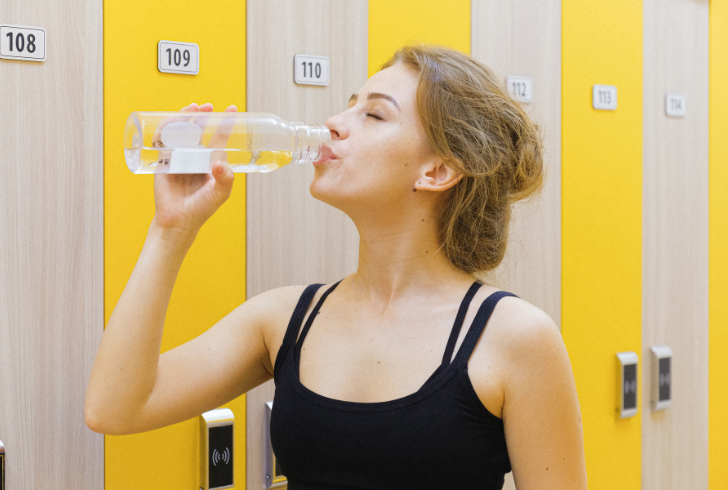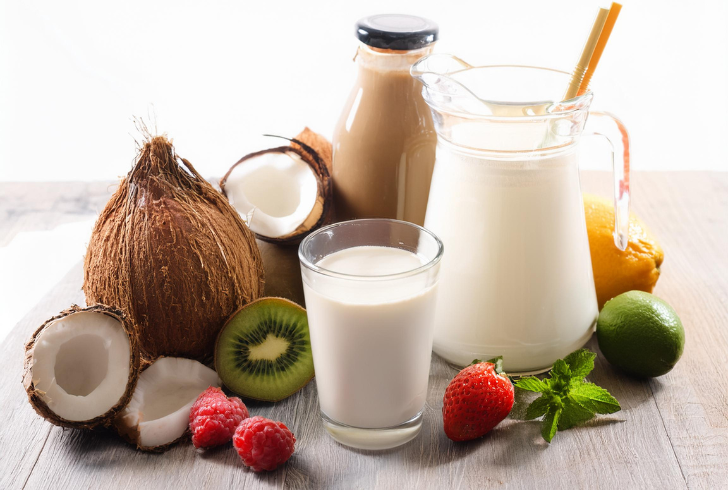Maintaining hydration is essential for overall health and well-being. Water plays a critical role in various bodily functions, so ensuring adequate intake is vital. If you’ve wondered, “How much water should I drink?” The answer can vary based on individual factors like age, activity level, and environment. While the general recommendation of eight 8-ounce glasses (64 ounces) per day is well-known, your specific hydration needs may differ.
Your body constantly loses water through sweat, urine, and even breathing. Since approximately 60% of the human body consists of water, replacing these losses is essential to support optimal health. Factors like gender, climate, and physical activity significantly influence how much water is necessary to stay hydrated.
Why Hydration Matters for Your Health

Water contributes to nearly every process in the body, making hydration a cornerstone of good health. According to experts, staying hydrated supports functions ranging from temperature regulation to toxin removal.
Here are the key roles water plays in the body:
1. Regulates body temperature
2. Produces saliva for oral health and digestion
3. Lubricates joints and tissues
4. Promotes proper functioning of the brain, kidneys, and lungs
5. Improves blood circulation and oxygen transport
6. Boosts metabolism and supports nutrient absorption
7. Flushes out toxins and waste
8. Enhances physical performance, strength, and endurance
9. Maintains skin health
10. Improves focus, alertness, and memory
Recent studies also suggest a link between proper hydration and healthy aging. Research published in 2023 found that individuals who consistently met their hydration needs were less likely to develop chronic illnesses and had higher longevity rates compared to those with inadequate water intake.
How to Recognize Dehydration
Dehydration can occur when water losses exceed intake, leading to symptoms ranging from mild to severe. A simple way to monitor hydration is by checking urine color. Light yellow or clear urine indicates proper hydration, while dark yellow or brown signals dehydration.
Common signs of dehydration include:
1. Fatigue
2. Headaches
3. Dry skin or chapped lips
4. Muscle cramps
5. Lightheadedness
6. Increased thirst
7. Elevated heart rate
If hydration remains a concern, consulting a doctor for blood or urine tests can provide more clarity on water needs.
Daily Water Intake Recommendations
For most healthy adults living in temperate climates, the National Academies of Sciences, Engineering, and Medicine recommends the following fluid intake:
1. Women: 11.5 cups (2.7 liters or 92 ounces)
2. Men: 15.5 cups (3.7 liters or 124 ounces)
These guidelines cover fluids from all sources, including water, beverages, and food. However, individual needs vary based on factors such as age, activity level, and climate. For instance, athletes, pregnant women, and those living in humid or high-altitude environments may require more water than average.
When to Increase Your Water Intake
Certain conditions and activities increase the body’s demand for water:
1. Exercising at high intensity or in hot climates
2. Living in areas with high humidity or elevation
3. Consuming caffeinated or salty foods
4. Experiencing illness, fever, or vomiting
5. During pregnancy or breastfeeding
6. Taking medications like diuretics or ACE inhibitors
Chronic health conditions such as diabetes can also raise hydration needs. Recognizing these factors helps adjust daily water intake accordingly.
Effective Strategies for Staying Hydrated
Meeting daily hydration goals doesn’t have to feel challenging. With simple strategies, staying hydrated becomes more manageable:
1. Use a Large Water Bottle
A large water bottle can help track consumption throughout the day. Carrying a 1- or 2-liter bottle reduces the need for frequent refills and serves as a visual reminder to drink water regularly.
2. Set Timers or Alarms
For those who forget to drink water, setting hourly reminders on a phone can help. Busy schedules often cause people to overlook hydration, so a proactive approach ensures consistent intake.
3. Try Tracking Apps or Devices
Tech-savvy individuals can download hydration tracker apps or invest in wearable devices that monitor water intake. These tools encourage accountability and provide personalized insights.
4. Start the Morning With Water
Drinking a glass of water first thing in the morning is a great habit to kickstart the day. This routine helps replenish fluids lost during sleep and prepares the body for daily activities.
5. Add Natural Flavors
Enhancing water with natural flavors like cucumber, mint, or lemon can make it more enjoyable. Infused water offers a refreshing alternative for those who find plain water unappealing.
6. Create Fun Challenges
Setting hydration goals can motivate individuals to drink more water. For example, aiming to finish four glasses by lunch or rewarding consistency with small incentives creates positive habits.
Alternative Hydration Sources

While water remains the best choice, several foods and beverages also contribute to hydration:
1. Herbal Tea: Caffeine-free herbal teas like chamomile or peppermint offer a flavorful hydration option.
2. Coconut Water: Packed with potassium, coconut water balances electrolytes and rehydrates effectively.
3. Fruits and Vegetables: Water-rich produce like cucumbers, oranges, and watermelon makes excellent snacks.
4. Broth-Based Soups: Soups provide both fluids and sodium, which aid in fluid retention.
5. Milk: Combining water, protein, and fat, milk serves as a hydrating post-exercise drink.
6. Mocktails: Non-alcoholic drinks with fresh fruit and sparkling water offer a creative way to stay hydrated.
Can You Drink Too Much Water?
While rare, excessive water intake can lead to water toxicity or hyponatremia. This condition occurs when the kidneys cannot excrete excess water, causing sodium levels to drop dangerously low. Symptoms include confusion, nausea, muscle cramps, and in severe cases, seizures.
Individuals with underlying health issues such as heart or kidney disease or those taking certain medications may be at higher risk of overhydration.
Summary of Hydration Tips
To maintain optimal hydration, remember these key points:
1. Drink according to individual needs, considering age, activity, and climate.
2. Monitor hydration by observing urine color and physical symptoms.
3. Include water-rich foods and beverages in daily meals.
4. Adjust water intake during exercise, illness, or extreme weather conditions.
Staying hydrated enhances physical performance, supports mental clarity, and promotes overall well-being. By adopting these practical strategies, anyone can easily meet their hydration needs.




